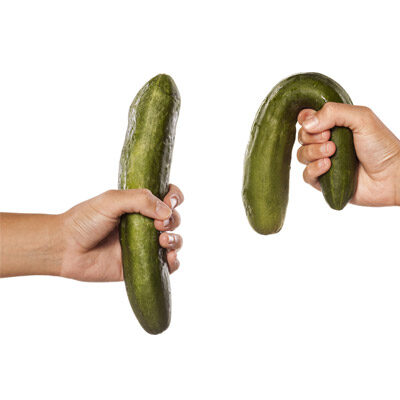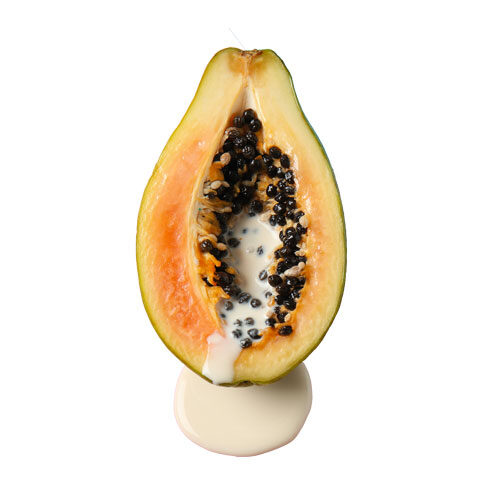How this started
Last year I was contacted by a journalist to request an interview on the ABC radio about voluntary celibacy also known as “Vocel”. I was curious about this request as in my line of work people come to see me because they want to have sex, so it is not something I have been asked about previously. My initial reaction was to say NO as I didn’t feel equipped to discuss this subject BUT then I started thinking and I thought “hang on… I am seeing couples every week that tell me they no longer have penetrative sex and many no longer have sex together but partake in solo sex(masturbation)”. Sadly, I also see many couples and individuals who are distressed because one side of the partnership has decided that their days having physical intimacy are over. This is obviously the individual’s choice to make however this can affect the other partner detrimentally, more on this later.
I then realised I had much more experience in this area than I thought. So here is my take on it.
RSHC now offers medical weight loss management
Celibacy
Celibacy is a vow to remain sexually abstinent over an extended period of time. Celibacy is usually associated with religion however there are several reasons why someone chooses to be celibate. So, then what is abstinence? Abstinence can be applied to anything that someone chooses not to engage in i.e. eating ice cream, drinking alcohol.
This next tricky word to consider is Sex? What is it? Sex means different things to different people. For instance, one person may think only intercourse is sex another may include oral sex in the definition.
Celibacy is a voluntary vow of sexual abstinence, but celibacy looks different to each person, so there’s no single way to practice it.
With both celibacy and abstinence, it’s ultimately up to the individual to determine what is and isn’t included in their lifestyle and what sexual activities they are or aren’t comfortable limiting.
In some cases, these limitations may be pre-determined by religious or cultural practices. Don’t confuse celibacy with asexuality which is a lack of sexual attraction. Celibacy is a voluntary choice, whereas asexuality is a sexual orientation.
When I consider all these definitions, I think celibacy is when a person abstains from sexual activity for a long time (years)…. Abstinence can be for a short or medium length of time. However, it does appear from my readings that the buzz term Voluntary celibate is used even when the abstaining is only for a couple of months. It seems to me it is a very loose term (pun intended). Lets look at why someone would want to be a Vocel.
Reasons for Voluntary Celibacy
- Religious or cultural
- Upbringing, family values (no sex before marriage)
- For some it makes them feel empowered, in control
- It can assist people in having the energy and attention to turn inward to focus on personnel development
- Health reasons
Potential drawbacks to becoming celibate include:
- It may be challenging to engage in romantic relationships, even if your partner is also celibate, if it introduces physical desire or pressure to engage in sexual activity.
- Some might feel as though they’re missing out on key life experiences, such as marriage or children, by eliminating or limiting sexual activities.
Potential benefits to becoming celibate include:
- Overall, there’s very little risk of contracting an STI or STD. There’s still some degree of risk for those who practice forms of outercourse that include genital contact.
- There’s little-to-no risk of unintended pregnancy.
- It may reduce the amount of money spent on contraception.
- It may provide space for you to get know your partner outside of sexual activity.
- It may help you further understand the difference between physical and emotional attraction.
- It may free up more time to focus on your career, friendships, or family.

I decided to check out what Google brings up on the subject and to my amazement this whole Voluntary Celibacy (Vocel) and Involuntary celibates (Incels) is massive rabbit hole to disappear down. Incel is a whole other blog, coming soon, but Vocels are surprisingly common in the Millennials. There are a plethora of articles written about why the author has chosen this path. Reasons ranged from “to concentrate on studies”, “to get over a heart break”, “to stop having casual sex”, “to ensure a genetic illness was never passed on”, “to reduce the time wasted dating”, etc. The confusing common factor in the articles I read was the period of abstinence was usually very short lasting a only a couple of months. Now I may be cynical, but I think this is not Celibacy but rather abstinence or just a normal part of life!
Now let’s look at the experience, in this area, I do have. Firstly, the couples that no longer have penetrative sex but still engage in outercourse. Some may consider these couples as celibate; I disagree, sex is the physical and mental connection of two people that involves giving pleasure this may be intercourse/ outercourse or anything that takes your fancy. I think it is important that sex is considered more broadly than penis in vagina. If this is all we consider sex it puts many limitations, expectations and distractions on couples.
The more complex couples I see are the ones where one side of the partnership has decided that they are no longer interested in any sexual activity and are very clear that this is not negotiable. This situation is common but sad for both sides. Often the couple have been together for many years and are best friends, companions and love each other however one person for whatever reason (physical, psychological, spiritual) decides that they no longer want to partake in sexual activity. Unfortunately, this means the other half of the couple becomes celibate and has no choice in the matter. This is very difficult to negotiate and my only suggestion here is to communicate clearly with each other about this, explain how you feel and express your concerns, desires and feelings. It’s important for both partners to understand each other’s wants, needs, and expectations. Once you understand each other’s point of view you can work towards an agreement on how to move forward. Too often in my practice do I see the involuntary celibate side of the relationship and they are confused, hurt and rejected as they don’t understand why their partner has withdrawn from them.
Even if all partners are celibate, it can be difficult to find a comfortable level of intimacy, so this requires honest conversation. These conversations can be very difficult even with someone you have known for the past 30 years so don’t be surprised if you need help with this conversation and seek out and engage a support system.
Interesting Fact
Across the board, studies are finding that young people are having less sex. Jean M. Twenge, a psychology professor from San Diego University, told The Atlantic last year that people in their early 20s are on track to be two and a half times more likely to be abstinent than Gen Xers and to have fewer sex partners than the two preceding generations. In another study by Boffins from University College London, they found that teens were also engaging in far less sexual activity now compared to their 80s and 90s counterparts.
Having issues with your sex drive, experiencing sexual performance anxiety, erectile dysfunction or another problem down there? Book a consultation with one of our practitioners.
Email admin@rshealth.com.au or click on the button below.













